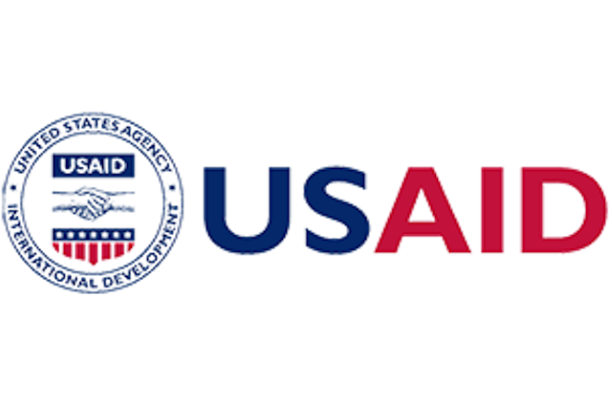The U.S. Agency for International Development (USAID) said its Feed the Future Digital Extension Project in Nigeria had reached 648,865 farmers across seven focal states with improved productivity.
The 5-year (2020-2025) project, being implemented in Benue, Cross River, Delta, Ebonyi, Kaduna, Kebbi and Niger States and supported by Partnership Initiatives in the Niger Delta (PIND), leveraged various digital platforms to promote modern agricultural practices.
According to the agency, 2.021 million smallholder farmers have been exposed to new information, technology and services through the project with increased adoption of its farming business model, Most Impactful Practices (MIPs) by 492, 787 individuals who have applied improved practices on 855,696 hectares of land.
The project’s key results, presented by the Nigerian chief of the party, Dr Bea Odoemena, in Abuja yesterday, showed that eight digital solutions were promoted, and 684 MSMEs, agro-processors (APs), and local assemblers (LAs) were trained.
It further revealed that 92 MSMEs adopted digital extension tools to showcase significant advancements in agricultural digitisation for farmers to boost productivity and economic growth.
Jean-Pierre Rousseau, director of business development at Winrock International in collaboration with the Federal Ministry of Agriculture and Food Security, who spearheads efforts to enhance extension services for smallholder farmers, lauded the 311 MSMEs involved in the initiative.
According to Rousseau, many of these farmers have doubled or tripled their yields, secured affordable financing and improved their livelihoods.
Speaking ahead of the National Impact Workshop slated for Wednesday, Rousseau stressed the importance of extension services as a critical vehicle for innovation in agriculture, Nigeria’s food security and self-sufficiency.
He called for the scaling of the private-sector extension model nationwide.
He said, “311 MSMEs are change catalysts, bringing innovation, information, and productivity-enhancing services to 2 million farmers. Farmers are doubling, even tripling, their yields, accessing financing, and improving their incomes.
The entrepreneurship and innovation of these MSMEs have proven that private-sector extension services have a catalytic impact on food security. This model represents the future of extension services in Nigeria, and it’s time to scale it at a national level.”
Earlier, the director of the Federal Department of Agricultural Extension, Deola Lordbanjour, represented by Ayodele Olawumi, lauded the collaboration between the U.S. and Nigeria in reviving the agricultural extension system.
Lordbanjour noted that the extension system was highly effective in promoting food security.











